Menopause is the time that marks the end of your menstrual cycles. It's diagnosed after you've gone 12 months without a menstrual period. Menopause can happen in your 40s or 50s, but the average age is 51 in the United States. Menopause is a natural biological process. But the physical symptoms, such as hot flashes, and emotional symptoms of menopause may disrupt your sleep, lower your energy or affect emotional health. There are many effective treatments available, from lifestyle adjustments to hormone therapy.
During the menopause period, the family or the people around play the biggest role in women's life. Just as a mother take care of a girl during her menstrual cycle, similarly the family should take care of women approaching menopause.
Today we have a special guest on the panel with whom we are going to conduct a discussion- "Let’s talk about Menopause"
Joining the panel are:
Dr.Kumar Kamble is an expert Psychiatrist, De-addiction Specialist, Sexologist, Speaker, Mental and Sexual Health Educator. He is also associated with the Umang Clinic. He has worked with King Edward Memorial Hospital in the Deaddiction center for 4 years as a Medical Office Coordinator.
Dr. Latika Chawla, an Obstetrician, and Gynaecologist. She is presently practicing at Women’s Hospital, Mumbai as an Endoscopic Surgeon.
Menopause - Definition
Dr. Latika mentions, “Menopause is the truth. We can’t avoid this. We need to understand to manage it better. If a woman doesn't get periods for continuous 12 months, it means she has attained the menopause phase. The time at which periods start is known as Menarche. Ovaries are responsible for reproductive hormones and eggs. The eggs present in ovaries are utilized throughout the reproductive cycle and the time at which these eggs come to an end marks the onset of menopause. The perimenopause period starts in the early '40s and by 50's it reaches menopause. The average age of menopause in India is 52.”
“Ovaries not only prepare eggs but also releases hormones that have direct effects on our heart, bones, cholesterol, mood, skin, hair, and sexual functions. As the release of this hormone decreases, it starts affecting all these organs. Due to this, our quality of life is impacted badly. Hence it has to be treated holistically.”
Role of family
Dr. Kumar expresses, “As the age advances, the woman experiences a variety of changes in her own body as well her surroundings. Apart from all this the sense of being getting old. During this period, a lot of hormonal imbalance is happening inside the body and external factors that influence the personality to a large extent. Family support in this crucial time plays a significant role, the family can help her in doing household chores, they can be nice to her. This way family can easily do their part to overcome this difficult period. In perimenopause which lasts for 5-10 years, the body starts experiencing many hormonal changes, followed by the menopause phase.”
Lifestyle and Menopause
Dr. Latika says, “Nowadays menarche commences 10-12 years of age which was 12-15 years previously. So, the whole fertile period has shifted downwards and so the menopause period also starts early. The most fertile period has now shifted down from 25-28years of age. In present days late marriages, late pregnancy after 35 are very common, but with increasing age, the quality of eggs decreases. The current stressful lifestyle negatively impacts our bodies. With all our work duties, we all need to spare at least 1 hour daily for doing moderate exercises and eating healthy nutritious food.
Myths related to menopause
Dr. Latika speaks, “Menopause results in weight gain is a myth. It’s not. Weight gain is not directly because of menopause but it is due to lesser physical activity. However, menopause is responsible for the slight increase in cholesterol levels. If you are approaching menopause, then you should continue doing physical activity during your perimenopause period so that the quality of life is maintained.”
“Mood swings and insomnia during menopause are the reality and not a myth. A woman should be aware of all the signs and symptoms of menopause and should also make the family aware of her condition.”
Treatment of symptoms (Insomnia and mood swings)
Dr. Kumar informs, “First of all, fix your sleeping time. Fixing this will help you in making a proper routine. Physical exercise is a must and should be followed religiously. It has two advantages; the body will release endorphins that lift the mood and you will get a nice good sleep because exercise will exhaust you. Eat a simple regular nutritious diet. Always keep your body hydrated. Keeping your body hydrated will keep you away from basic gastric problems and other associated problems. After menopause also, you can continue with your sex life. Sex is not only important for having a child. Moreover, it's a necessity that helps in keeping you mentally and physically fit.”
Dr. Latika emphasizes, “Hormonal replacement therapy is very dangerous is a myth. There is a variety of hormonal replacement therapy available that are safe. You can consult any Gynecologist and can take customize hormonal therapy. Exercise, yoga, phytoestrogens, supplements are there to treat mood swings. Counseling is also important. The family has to understand that these things are natural, and should support her.
Hot flashes – Do’s and Don’t’s
Dr. Latika voices, “Intake of tea, coffee, alcohol, smoking, spicy food provokes hot flushes. A woman should avoid all these. Women should avoid taking tea or coffee after 7 in the evening as it affects sleep patterns.
Nutritions – Phytoestrogens, soy products intakes help in creating an estrogenic environment and decrease hot flashes.
Keeping the body hydrated is very much essential.
A woman should avoid using AC to relax from the symptoms, instead, they can rest in a well-ventilated room with just a fan.
Yoga can be very much helpful in dealing with symptoms of hot flashes.”
Addiction and mood swings
Dr. Kumar mentions, “Addiction is not the solution to deal with any kind of mood swings. We are harming our own body by doing such acts. Being a stimulator, smoking affects sleep patterns, hence smoking should be avoided in the late evenings. If you are unable to deal with your mood swings, talk to your doctor or get some hormone replacement therapy.
Every 8th person in our country is depressed. Depression is very commonly seen during menopause. You can take the help of psychiatry, in case if you are finding it hard to deal with anxiety and other related symptoms. Lifestyle modification can be very much helpful in this. Apart from this, taking medicines for a short period can help minimize these symptoms.”
Dr. Latika tells, “Pregnancy can take place during perimenopause period, so a woman should always use contraceptive methods. During menopause, there is no chance of pregnancy therefore contraception can be avoided. Use contraceptive until you reach the actual menopause phase.”
(Edited by Renu Gupta)
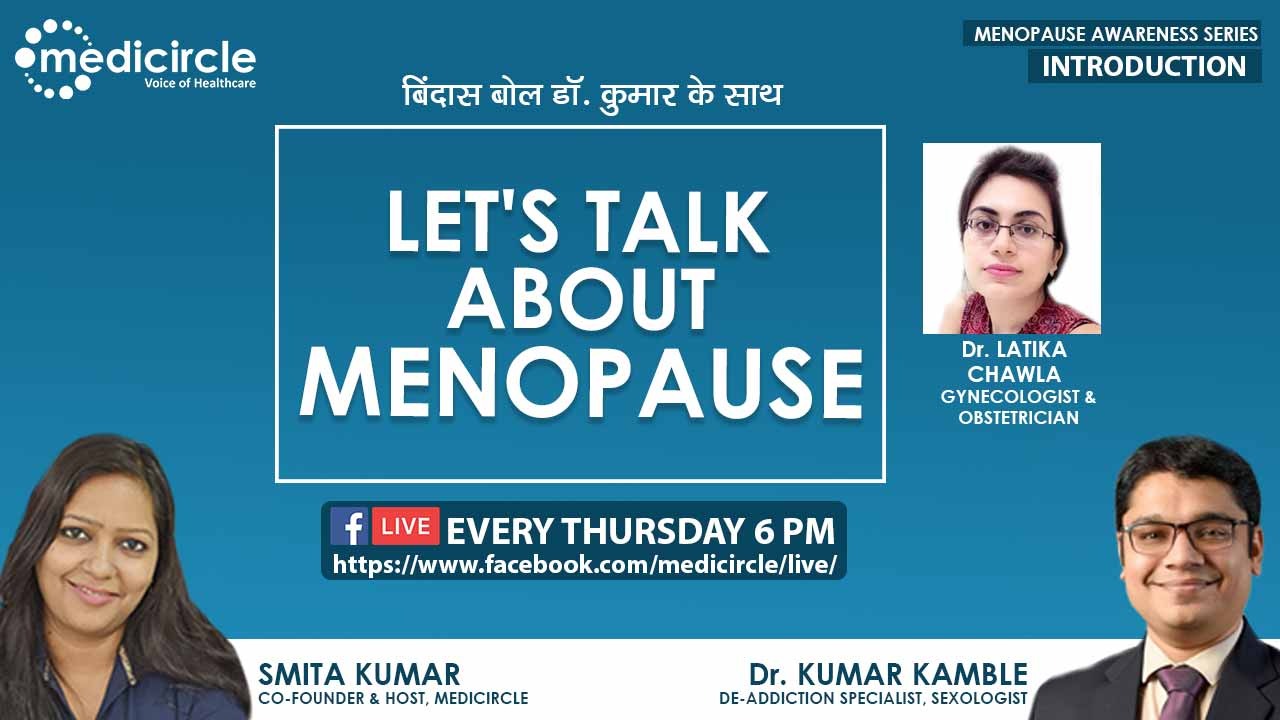
 Menopause is a natural condition and not a disease that requires medical treatment. Menopause can certainly be a positive time of life. With the onset of the menopause phase, women experience noticeable and uncomfortable changes which can easily be managed by lifestyle modifications and to some extent with medicines
Menopause is a natural condition and not a disease that requires medical treatment. Menopause can certainly be a positive time of life. With the onset of the menopause phase, women experience noticeable and uncomfortable changes which can easily be managed by lifestyle modifications and to some extent with medicines






.png)
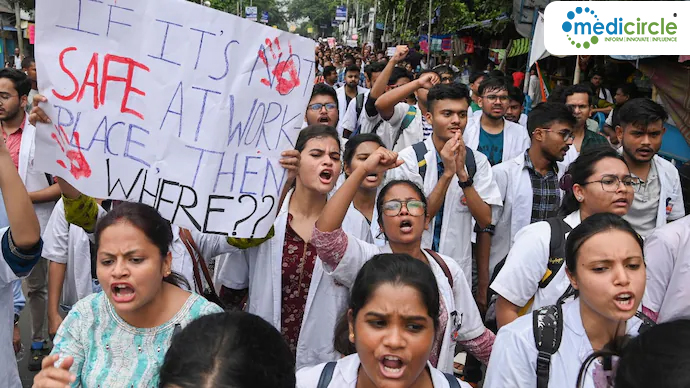
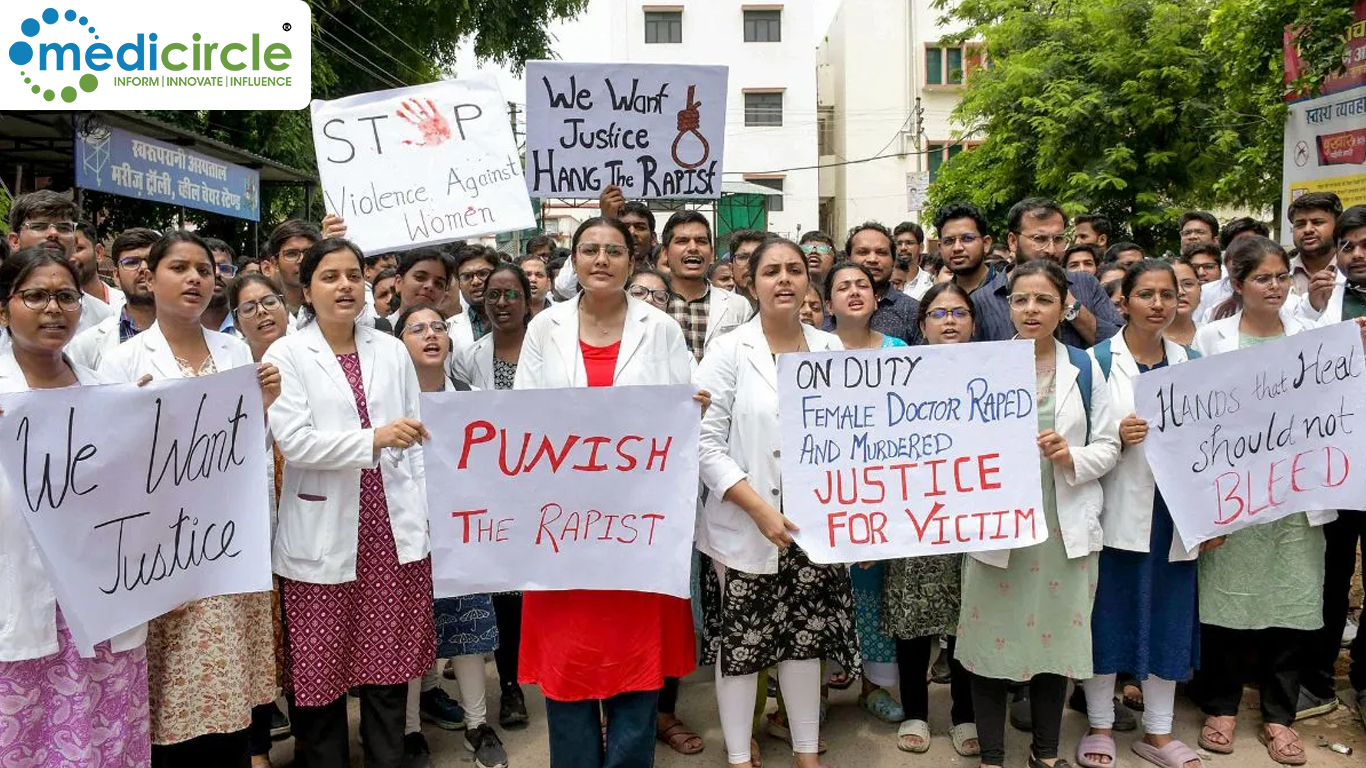


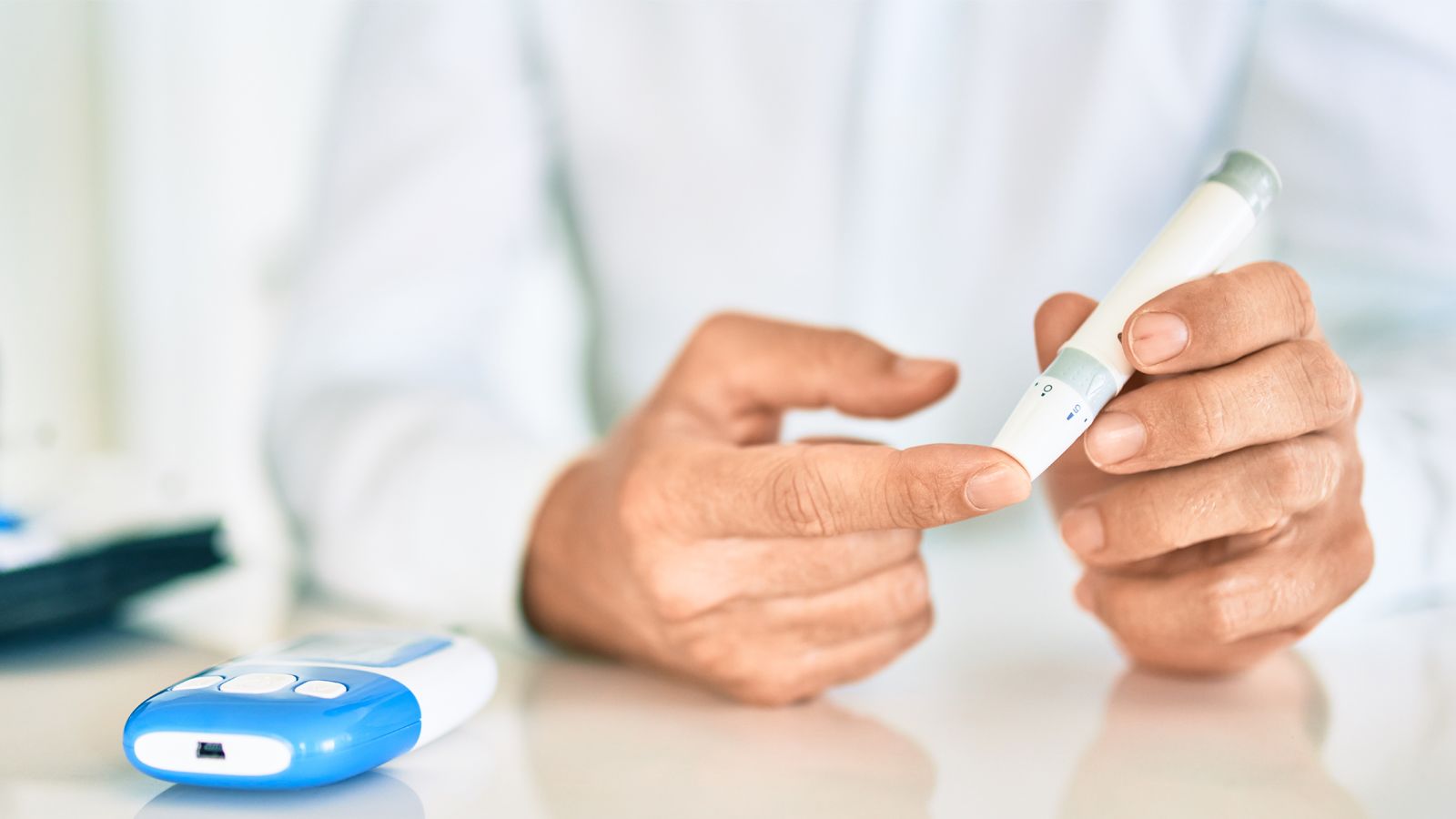
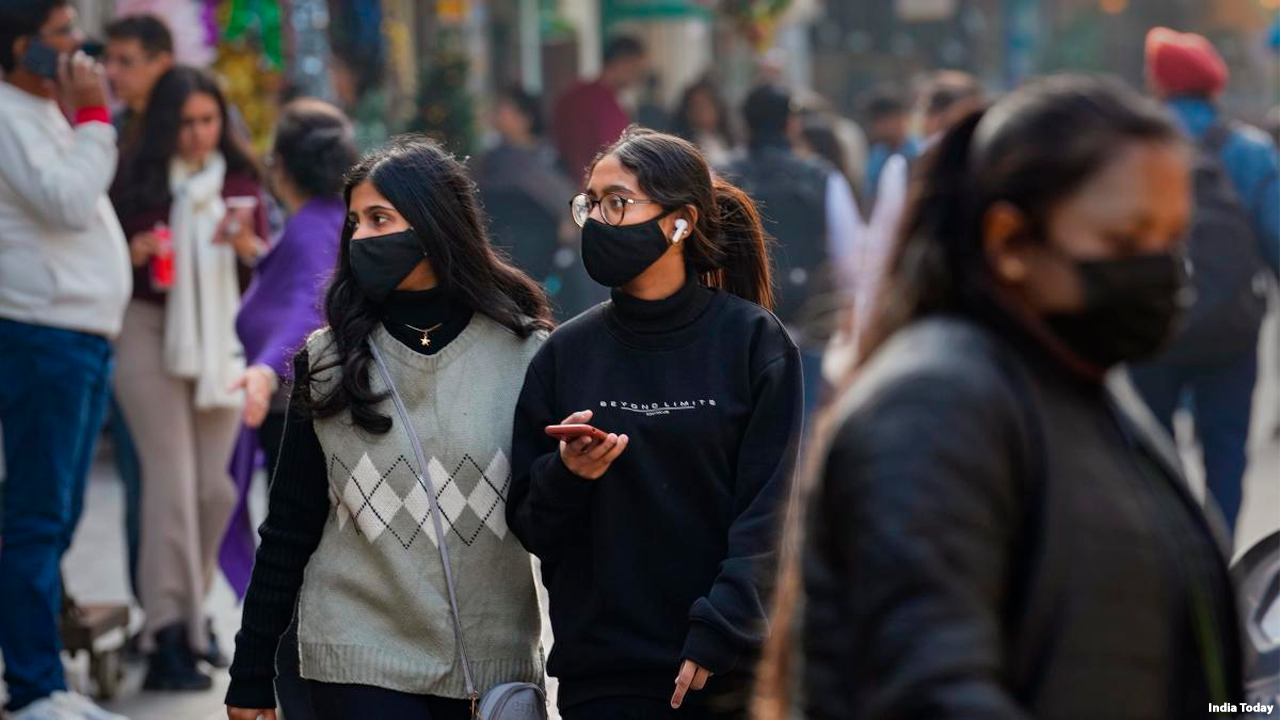
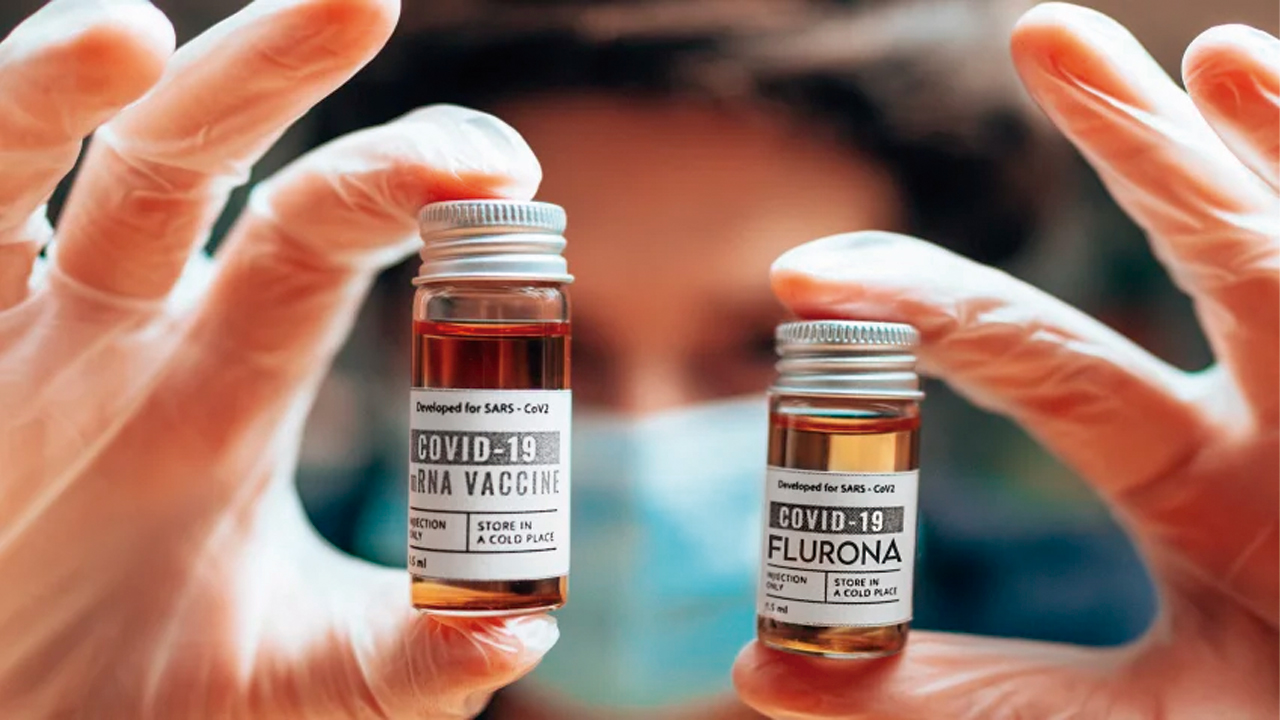





.jpeg)



.jpg)




.jpg)





.jpeg)

.jpg)


